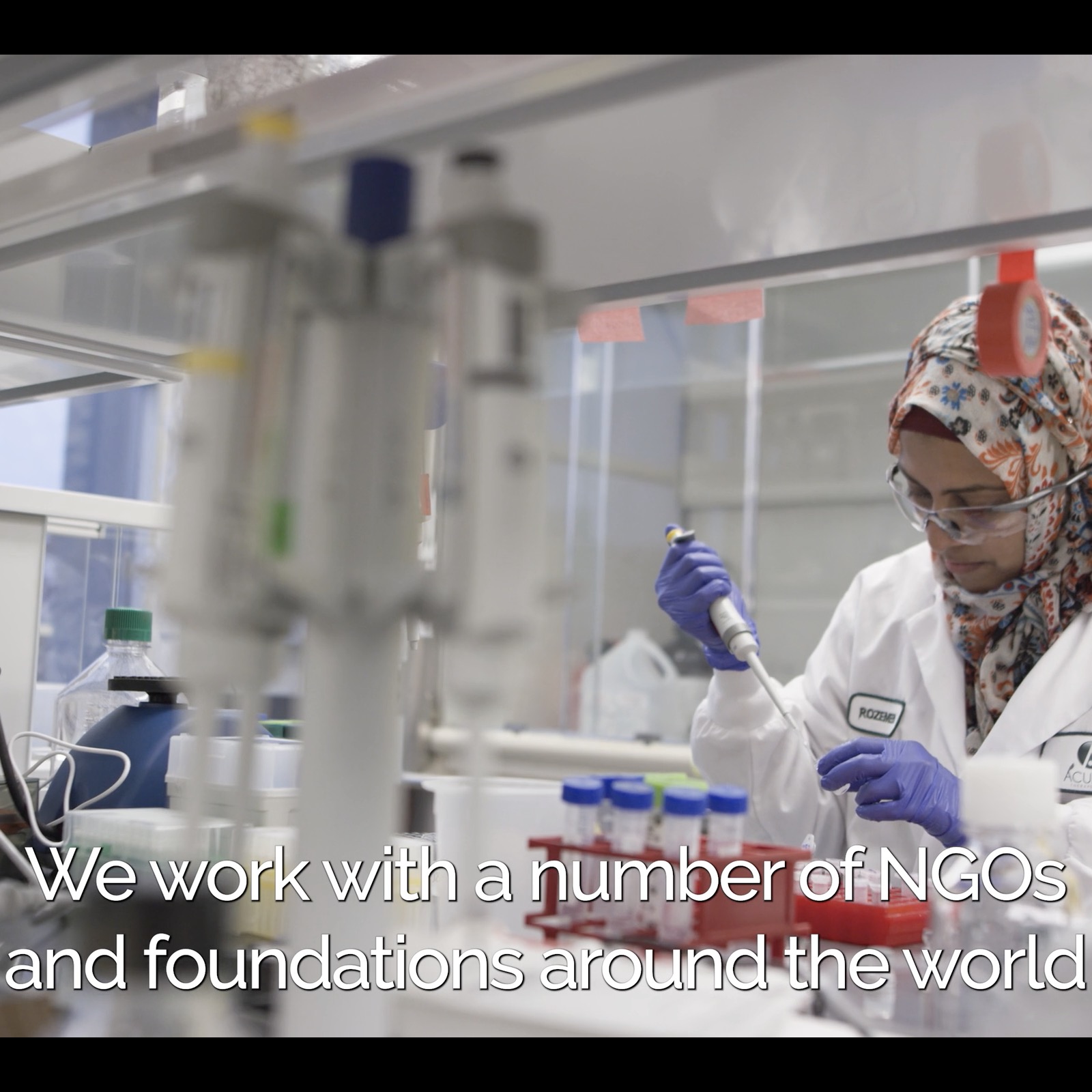
Herd Immunity and Why Vaccines Are Important
Most people have heard the phrase “herd immunity” put out there by health officials, journalists, on social media and even in conversations with our families. However, it is important to fully understand what herd immunity is and what it means in the context of the COVID-19 pandemic before we jump to any conclusions.
According to Kaiser Health News (KHN), “Herd immunity, also called community or population immunity, refers to the point at which enough people are sufficiently resistant to a disease that an infectious agent is unlikely to spread from person to person. As a result, the whole community – including those who don’t have immunity – becomes protected.” In general, herd immunity occurs either through vaccination or infection. The KHN article continues to say that for most diseases in recent history – including smallpox, polio, diphtheria and rubella – it has been vaccines that have allowed for herd immunity.
The World Health Organization (WHO) says that the percentage of people who need to be immune in order for herd immunity to come into play varies with each disease. For example, for measles, about 95 percent of a population needs to be vaccinated. This would protect the remaining five percent from getting the disease. For polio, it is about 80 percent. The proportion of the population that needs to be vaccinated against COVID-19 to create herd immunity is not yet known, but research on this is being carried out.
According to John Hopkins Bloomberg School of Public Health, what we know to date about COVID-19 suggests that we would need at least 70 percent of the population to be immune. They do warn that this level depends on many factors including the infectiousness of the virus, if variants evolve that are more infectious, and how people interact with one another. It’s safe to say that most people have heard the news that on a local and global level, there are multiple variants of COVID-19 that have been identified in 2021. John Hopkins goes on to say that social distancing and wearing masks both slow down infection rates. We need to understand that until more people have been vaccinated, as communities open up, the virus can mutate to become more contagious and that means infections will go up again.
While COVID-19 vaccines are being distributed and administered around the world, people are feeling some hope, but it is crucial to realize that – right now – we aren’t at a level of herd immunity that will allow life to return to normal without seeing infection rates and deaths continue to increase. According to John Hopkins, “it is now a race between infection and injection.” That is a sobering thought.
There has been a great deal of discussion, especially on social media, about gaining herd immunity through infection – that is, letting the disease run through communities. Dr. Tedros Adhanom Ghebreyesus, Director General of WHO, explained that herd immunity that is acquired this way isn’t a guarantee and that this approach has multiple risks and serious issues that come with it. According to the speaking notes of Dr. Tedros (as he is called on the WHO website): “Never in the history of public health has herd immunity been used as a strategy for responding to an outbreak, let alone a pandemic. It is scientifically and ethically problematic.” Dr. Tedros goes on to say that using this method would cause many people to get very sick and die, and medical professionals don’t have a full understanding of the long-term effects of COVID-19 yet. In addition, if the virus is allowed to run unchecked through communities, it is expected that it will produce variants that are more contagious and even deadlier. This is not to mention the stress and risk that increased numbers of people infected with the virus causes for our health care providers, front-line responders and frontline employees – like those in grocery stores – who are considered essential workers.
Later in his notes, Dr. Tedros continues, saying: “Allowing a dangerous virus that we don’t fully understand to run free is simply unethical. It’s not an option. But we do have many options. There are many things that countries can do and are doing to control transmission and save lives.” These options include getting vaccinated as soon as you can. They also include continuing to wash your hands regularly, physically distancing and wearing a mask in public, even if you have been vaccinated. Not everyone has had the opportunity to get the vaccine yet and some may never be able to due to underlying illness or concerns. Even if you are vaccinated, there is still the possibility that you could catch and transmit COVID-19 to others. It may be a mild form of the illness for you, but deadly to those unvaccinated. Herd immunity is the only way to protect everyone.
It is important to remember that we are in this together. As vaccines are more widely distributed and administered, we will continue to move closer to being able to relax our guard – and that makes us all feel hopeful. We’re not there just yet though. We are getting close to beating COVID-19, but the world needs some more time to get as many people vaccinated as possible.
The Acuitas Therapeutics team wants to remind you that the best vaccine to get is the one that you are offered because the risks of COVID-19 far outweigh the risks of adverse effects. Click here to read about the safety of COVID-19 vaccines.
Be patient – and please stay safe and healthy. We are on the last few miles of this marathon and it’s all about endurance, not speed.





Pingback: More on Herd Immunity - Acuitas